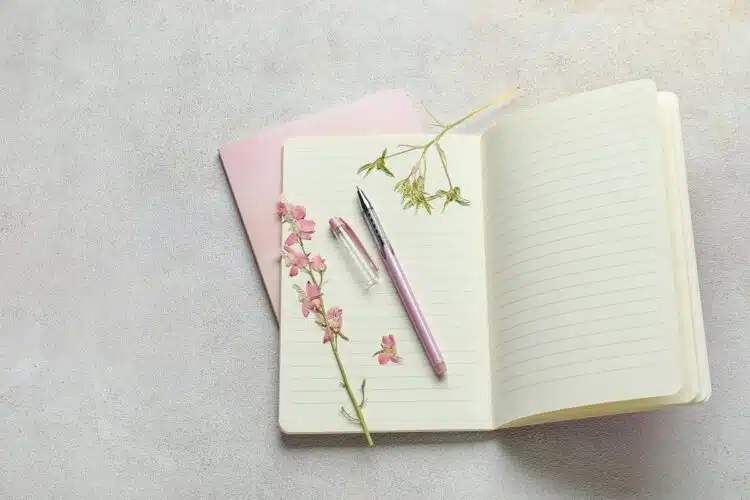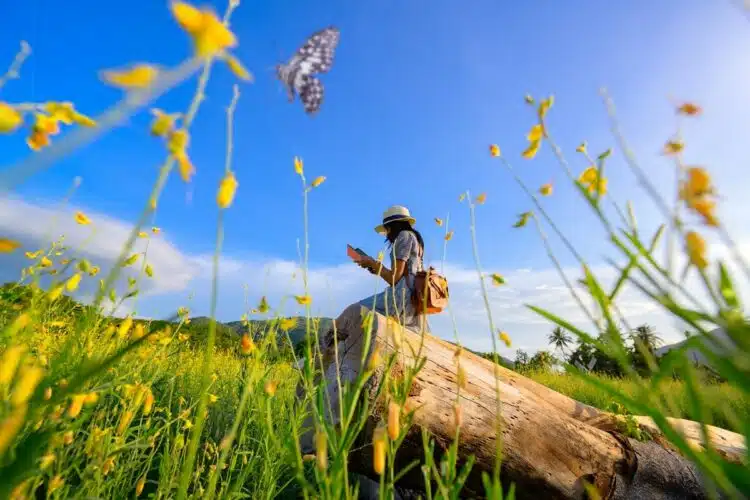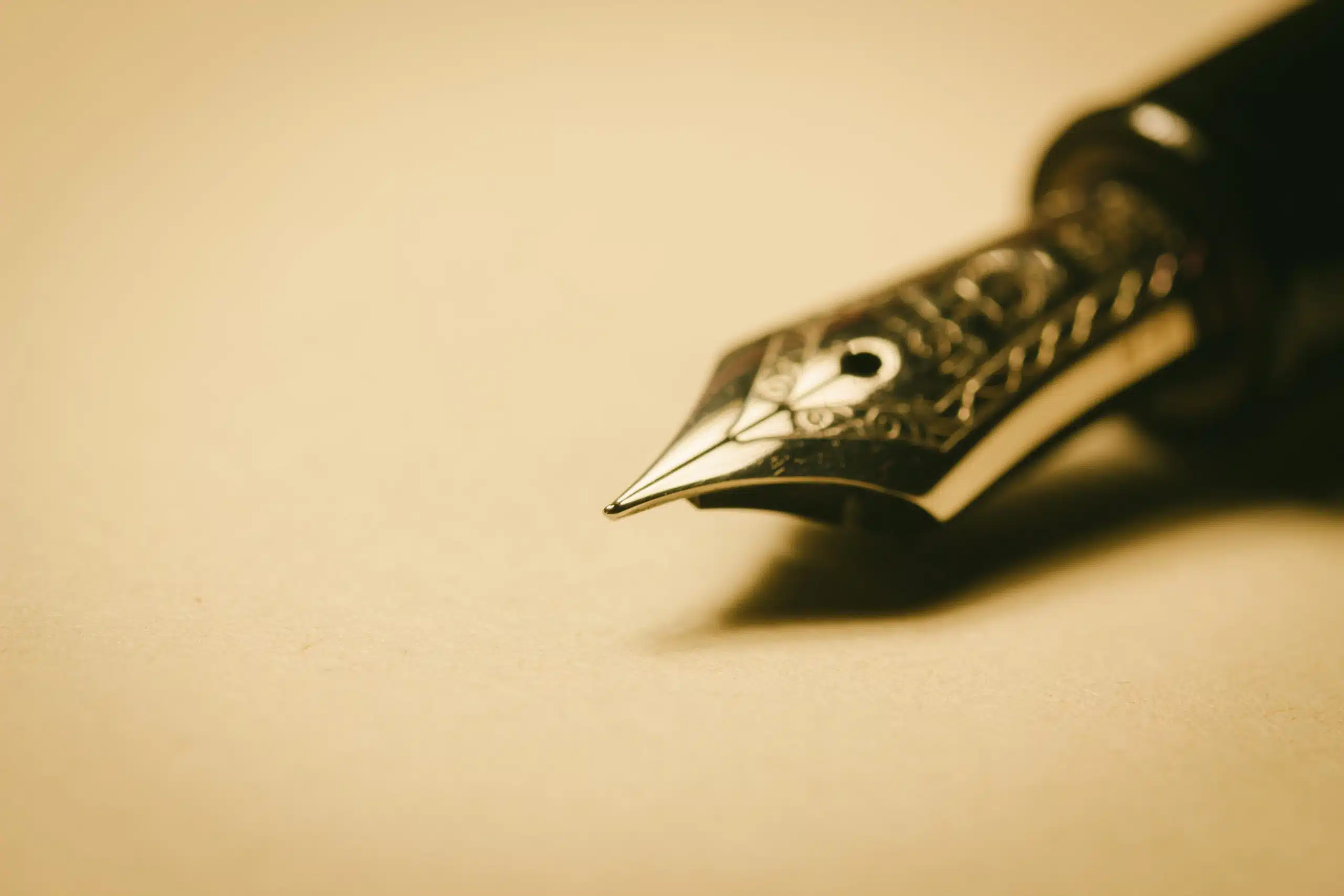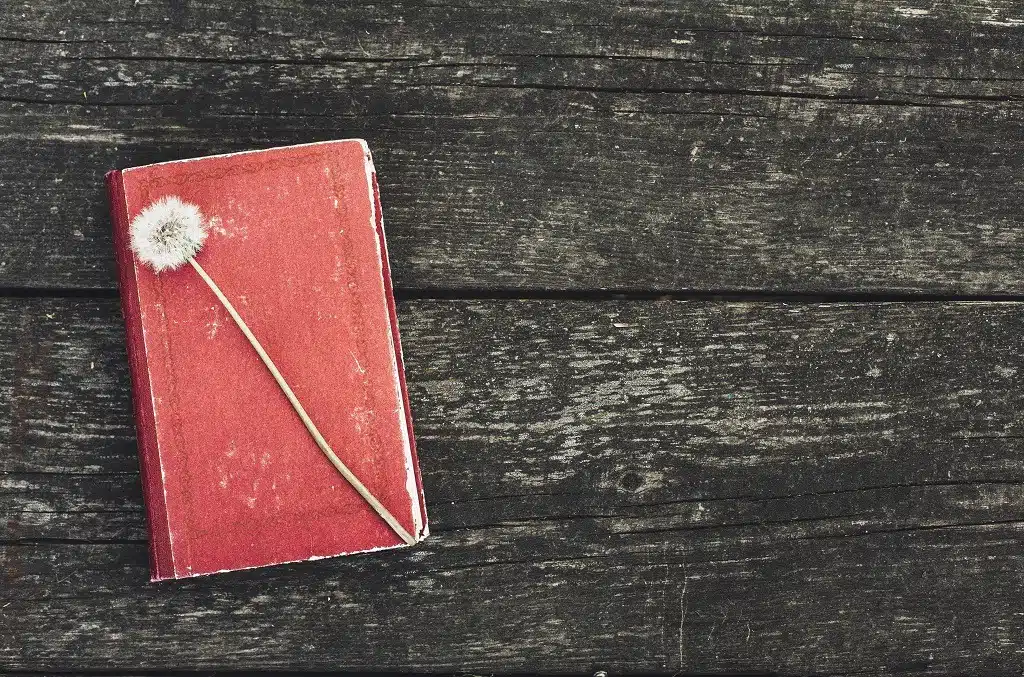Here’s what the Kwansaba poetry form is:
The kwansaba is an African American praise verse form that borrows from South African poetic traditions and celebrates the holiday of Kwanzaa.
It utilizes the number seven heavily in its structure, with seven lines of seven words each that can not be longer than seven letters each, making it wholly unique as a form.
So if you want to learn all about the Kwansaba poetry type, then you’ve come to the right place.
Let’s delve into it!
- Hainteny Poetry Form: Ignite Uplifting Tributes
- Praise Poetry Form: Sow Seeds of Thanks
- Blues Poetry Form: Rise Above the Blues

Forms of Poetry: The Kwansaba

Kwansaba is an African American praise poem that borrows heavily from the same principles that founded Kwanzaa, a holiday that celebrates African American heritage and struggles.
It was created in 1995 by Eugene B. Redmond, a poet whose works both influence and are influenced by the Black Arts Movement.
The poem’s purpose is primarily as a means to celebrate Kwanzaa and the cultural values that it represents.
It is a seven-line poem, owing this facet of its structure to the theme of seven from the holiday that inspired it (seven days and seven principles).
Basic Properties of the Kwansaba

| Rhyme Structure | None |
| Meter | None |
| Origin | 1995, Eugene B. Redmond |
| Popularity | Largely relegated to poets of the Black Arts Movement and those who celebrate Kwanzaa |
| Theme | Celebrates African American heritage and identity |
How Is a Kwansaba Structured?

The kwansaba consists of seven lines with seven words per line, and no word in the line will exceed seven syllables.
When trying to determine how many instances of such and such element is allowed in the poem, the answer will generally be seven.
This is in deference to the seven days of Kwanzaa but even more so to the seven principles.
While these principles are a bit hard to pin down in English, they are generally concerned with unity as a community, as an economic force, and as a culture.
The responsibility and strength of the individual are also celebrated, but to a lesser extent since Kwanzaa is (generally speaking) a holiday of connectivity and sharing.
A kwansaba is keenly invested in the principles of the holiday.
One cannot simply write a poem mimicking the structure and then pass it off as a true kwansaba.
The form belongs entirely to the African American community and is invariably expected to come from solely within the African American community.
It is a praise poem that celebrates the history of its people, the values of the holiday that inspired it, and the hardships that African-Americans have faced and continue to face as their culture gradually recovers from centuries of oppression.
Unfortunately, the celebration of Kwanzaa does seem to be on the decline, with its most passionate supporters being from the baby boom generation.
Younger generations seem to be moving away from the holiday slowly, though children that grew up in homes that celebrated Kwanzaa will surely never forget those occasions and those principles in their hearts.
Tips for Writing a Kwansaba

If you’re not of African descent and don’t celebrate Kwanzaa, don’t touch this form.
That’s my first and foremost tip.
You’ll notice I didn’t prepare an example this time around.
It’s insincere and inappropriate to write from a perspective you don’t understand.
While one could conceivably write a kwansaba as a Kwanzaa gift to a friend, it will not resonate the same way as a kwansaba written by someone who sincerely celebrates the holiday every year.
Nonetheless, we’ll assume you either are of African descent or that you celebrate Kwanzaa with friends or family who does have a personal stake in the holiday.
The key elements of a kwansaba, judging from the examples I’ve seen, are pride, tradition, and confidence.
Much like patriotic poems, kwansabas should be bold and should exemplify the culture they represent.

The form is heavily inspired by the South African tradition of praise poems, so that would be a good place to get some grounding.
The more knowledgeable and passionate you are about African heritage, the better.
While this article is meant to be a brief introduction to the form, I wholeheartedly believe poets who want to master this form will get more out of doing their own research in this case.
I can tell you what the poem is supposed to be about and what other poets have done, but ultimately this is a form that demands you have an intimate knowledge of an entire culture’s roots, problems, traditions, and history.
Above all else, please, please, do not write a half-hearted kwansaba. Just like an ode or a love poem or a eulogy, the kwansaba is meant to uphold and honor something.
Don’t even start writing one unless you’re dead serious about it.
Poet’s Note

I could have just attached a random kwansaba from somewhere on the internet as the example, but honestly I wouldn’t have the cultural lens to judge it properly anyway.
There are also copyright issues, since the form itself is only a few decades old.
You’ll just have to take my word for it this time: The kwansaba is a powerful poetic form.
Comprehensive Collection of Poetry Forms: Craft Words Into Art

Dare to traverse the entire spectrum of poetic forms, from the commonplace to the extraordinary?
Venture from the quintessential Sonnet to the elusive Mistress Bradstreet stanza, right through to the daunting complexity of Cro Cumaisc Etir Casbairdni Ocus Lethrannaigecht.
For those with a zeal to encounter the full breadth of poetry’s forms, this invitation is yours.
Start exploring the vast universe of poetic ingenuity with our comprehensive array of poetry forms right now!
